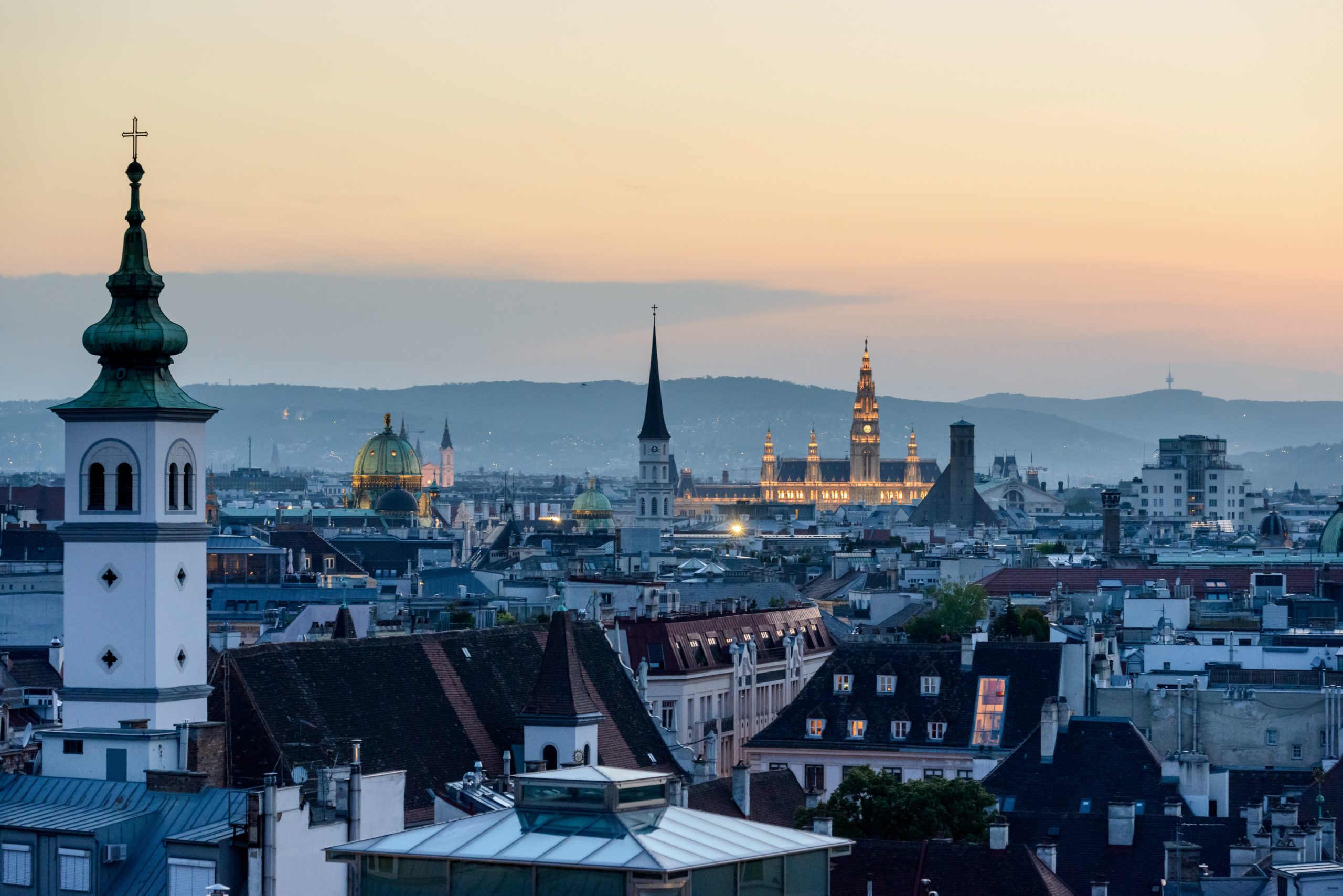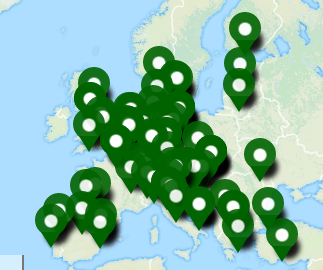Contribution for a dialogue between Degrowth, Human Development and Buen Vivir Over the last 50 years, the mounting evidence of a civilizational or multidimensional crisis has progressively dislocated the (still dominant) industrialist and developmentalist discourse, setting out the imperative of a socio-ecological transition to overcome this crisis. In particular since the turn of the century, coinciding with a growing awareness of climate change and acute socio-economic crises both in the global South and in the global North, discourses and practices of “transition” have emerged with particular force. These Transition Discourses – as Arturo Escobar has named them - challenge interconnected regulative principles of the contemporary global order (capitalism, neoliberalism, patriarchy, anthropocentrism, etc.) and offer small beacons of hope to transform the current ‘business as usual’ in development thinking and its greener surrogates (Green Economy, Green Growth, Green New Deal). Transition discourses have emerged from the most diverse disciplines and social sites, both in the Global South and North. More often than not developing disconnected from each other, they have remained encapsulated in their own spheres of resonance, limiting their transformative potential. In a recent article published in Ecological Economics, and together with our co-authors Federico Demaria, Jérôme Pelenc, and Violeta Rabi, we have attempted to take a step in articulating pathways for a necessary dialogue amongst some of them. In particular, we focused on two of the most prominent of these transition discourses in recent years in the Global North and the Global South, respectively – Degrowth and Buen vivir –, and inquired into the potential of cross-fertilization with the well-established approach of Human Development. Mutual illuminations between southern and northern transition discourses We argue that a synergic articulation of such transition discourses is necessary to unlock the path towards a global socio-ecological transition and effectively challenge conventional notions of (un)sustainable development on the one hand, and sterile development-revisionist approaches, on the other. Of particular importance for this project are the mutual illuminations and engagement between southern and northern transition discourses. Indeed, de-localized material inter-imbrications – chiefly: the dynamics of socio-metabolic regimes – highlight blind spots of localized discourse. Hence, for example, the discussion on post-extractivism in the South typically disregards the linkages of the extractivist lock-in to the “imperial ways of life” as Ulrich Brand & Markus Wissen highlight– i.e. unsustainable consumption patterns and trends in the north that rely on exploitation of cheap labor and nature elsewhere, thus making them inherently non-generalizable. Similarly, critiques of consumerism in the North mostly focus on the psychological dimensions of the phenomenon, often romanticizing Southern (imagined) ways of life, and ignoring economic path-dependencies and cultural aspirations of large sectors of the population in Southern countries. In our article, we set our analytical focus in the three iconic discourses pointed out (Degrowth, Human Development and Buen Vivir) towards the construction of a synergic articulation of transition discourses in North and South. We picked these three discourses out of a vast constellation of alternatives by virtue of their current visibility and their catalytic character in broader development-critical debates and networks in the political, academic, and/or activist spheres in the global, which have sparked global debates. Human Development framework rests on Western notions of individual wellbeing The Human Development (HD) discourse received a wide attention both in the academic (due to its rooting in Sen & Nussbaum’s Capability Approach) and international development policy circles, especially after its adoption by the United Nations Development Program. Human Development proposes a framework to address the multiple dimensions of human well-being and gives centrality to freedom of choice and public deliberation in the definition and evaluation of operational standards of well-being. These features initiate a critique of reductionist utilitarian conceptions of individual and social goals, but remain inscribed in liberal, Western notions of individual wellbeing. Another consistent challenge for the approach since its beginning has been to acknowledge the key importance of the ecological dimension in contemporary social life and politics. While offering certain advances to constrained growth-focused notions of development and wellbeinge, Human Development can be safely framed as a system-immanent critique. Degrowth (DG), for its part, emphasizes the problematic character of both the cultural and material lock-in of contemporary societies into the dynamics of economic growth. In its promotion of a cultural offensive against the “growth dogma”, degrowth emphasizes the need to re-design growth-dependent economies into a "different economy" (or plural economies) which do not depend on perpetual growth. Here, a planned downscaling of production and consumption is framed as a means to serve the double goal of environmental sustainability and of social justice and well-being. Buen Vivir implementation as real laboratory The third discourse analysed in the article, the Latin American discourse on Buen Vivir (BV), highlights elements of criticism of the Western (or Euro-Atlantic, in the wording of Peter Wagner or Wolfgang Sachs) cultural model from the perspective of ‘subalternized’ peoples (particularly indigenous ones) together with global environmentalism and international development. Key aspects highlighted in this perspective are holism, the intrinsic value of nature and pluriculturality, among others. Perhaps what makes Buen Vivir an even more relevant discourse is its adoption in the socio-political life of some Latin American countries, above all Ecuador and Bolivia. The experiences articulated along these lines in the past decade offer a 'real laboratory' for the analysis of the experimental implementation of transformational models and underscores the limitations and constraints faced when confronting the deeply embedded socio-economic (neo)extractivist matrixes in the region. After reviewing the key features of the three discourses in comparative perspective, the paper sets out to model a possible a synergic engagement among the three aimed at cross-pollination and, as Miriam Lang beautifully phrased it during the 5th Degrowth Conference in Budapest, at “making their respective complementarities fertile”. In the article, we identify the most fertile features of the Human Development discourse to potentially help advancing a political transformation, the Degrowth discourse as delivering key insights to an economic transformation, and Buen vivir to a cultural transformation, as long as each one pollinates the other two through sophisticated dialogue. This would help pave the way towards understanding what can (and what cannot) be expected from each of these discourses as a contribution towards a socio-ecological transition, and how they could potentially play out in combination.

No one really told us what organizing a degrowth conference would entail. We simply knew we wanted to do it. Two years of organizing, meeting, discussing and struggling have passed and now we’re less than seven weeks away from the first day of the conference. The initial motivation we all had in the summer of 2018 has not gone, but it has faltered at times. There have been days when I wo...

In the past year, we have launched a survey worldwide for mapping degrowth realities in the world. 114 organisations answered to the call, with nearly 3,000 active people engaged, mostly located in Europe but also in North and South America, Philippines, Tunisia, Turkey, etc. On August 20th 2018, some members from each of them met for the first time in Freetown Christiania (Copenhagen, Denm...

The call for courses for our Degrowth in Action - Climate Justice Summer School 2015 has now been extended to 7 May. The summer school will take place from 9 to 14 August 2015 in the lignite-mining region of the Rhineland in cooperation with the annual climate camp. The core of the summer school programme is made up of courses that take place continuously over 4 days. In addition, there is the ...